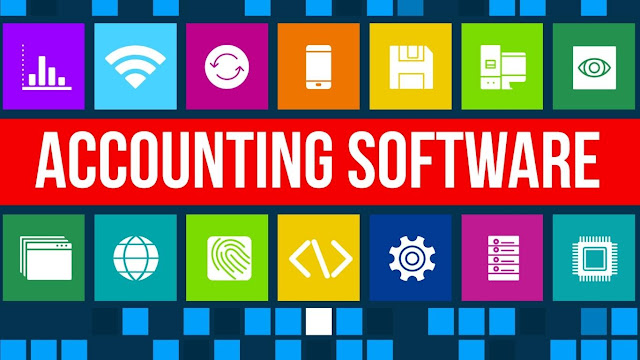8 Small Business Accountant Tips To Grow Your Business
The accounting department of your business is the engine behind all decisions. All decisions you make about inventory, payroll, risk, reporting, and so forth, are reflected in your books.
It's an area that is ripe to optimize, and even small companies can improve their back-office efficiency by making the necessary adjustments to their bookkeeping and accounting operations.
1. Develop a detailed budget
You will need to keep detailed records of all expenses and the type of funding that you are using. It might surprise you to see how many small business owners manage to bootstrap this process without putting everything on paper.
Start by writing down your budget and begin to look at the details.
2. Choose the right accounting method
As they begin their business, small businesses must choose between accrual or cash accounting. Cash accounting is easier to access, but more difficult to maintain at certain points in your company's growth. You need to understand the differences between each option, and how you can move from one to another.
3. Separate personal and business expenses
Accounting for small businesses often involves using personal funds to pay business expenses. But, this should not be a routine. In order to avoid legal liability and tax filing errors, it's best to keep business expenses and personal information confidential. If this is not possible, at least document all personal contributions so that you have complete records for your tax returns.
4. Pay attention to receivables like an eagle
You can learn a lot about your customers from their accounts receivables. Regularly run the accounts receivables aging report and be aware of any discrepancies in customer payments.
5. Follow-up on invoices
With your AR aging report you can see which customers pay on time and which ones are late. Reach out to your customers who are not performing well and confirm invoices. You don't have to issue a bill to get paid. Your financial data can help you identify customers that need extra attention.
6. Master your accounting software
Small businesses rarely manage their books manually. Accounting software has become the norm, streamlining data entry, reporting and analysis. Not all software is created equal. It is important to understand the platform's intricacies, such as how to tie it into your accounts, set up automated alerts to report, categorise financial data and how to create reports. This is the best way to improve your accounting workflows.
7. Set up a schedule to reconcile bank accounts
Bank reconciliations are a way to see how closely your bank statements match your accounting records. This report is essential for understanding your company's cash flow, and the amount of liquid capital you have at any given time. This report should be run monthly. However, different companies will have to establish their own reporting schedules.
8. Set clear financial goals
Like any other area of your business, financial management requires you to set goals. You should establish metrics that provide insight into your performance such as cash flow and labour efficiency or minimum monthly profits. These benchmarks should be established early, and you should keep records of how they are met.




Great Post,CA Office Automation (CAOA) software is a next-generation ERP software for CPA, CA, and Accounting Firms. At CAOA, we power accounting service providers to deliver incomparable services with our Accounting Practice Management Software as a Service (SaaS) product.
ReplyDelete